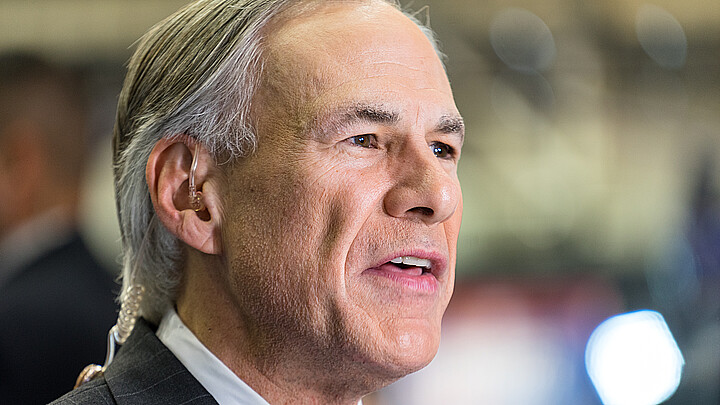Business
Bills filed to advance affordable housing in Texas, implement reforms
Several bills have been filed in the Texas legislature to address affordable housing issues. State Sen. Paul Bettencourt, R-Houston, filed SB 15 to facilitate the development of affordable housing in the most populous cities and counties in Texas. The

March 10, 2025 7:06am
Updated: March 10, 2025 8:25pm
Several bills have been filed in the Texas legislature to address affordable housing issues.
State Sen. Paul Bettencourt, R-Houston, filed SB 15 to facilitate the development of affordable housing in the most populous cities and counties in Texas.
The bill would help “increase the supply of homes, at an affordable cost that could help renters too,” he said. “Sometimes you have to get government out of the way to unblock affordable housing and face the growing issues in Housing Affordability in our major urban cities.”
The bill “cuts "red tape and unlocks more affordable housing by reducing lot-size requirements, paving the way for more affordable starter homes in Texas so families can go back to living and buying the American Dream,” he said.
It would amend local government code related to residential zoning limitations in certain municipalities. It defines housing organizations, trade and industry groups, nonprofit organizations, lot sizes, municipalities and other terms.
It would apply to cities with populations of more than 90,000 and to counties with more than 300,000 residents.
It would only apply to a tract of land to be platted and zoned for single-family homes on more than five acres of land. It would restrict municipality ordinance enforcement for residential lots larger than 1,400 square feet, among other restrictions, according to the bill language.
“SB 15 removes municipal minimum lot size regulations in fast-growing cities, allowing developers to build more affordable homes without compromising neighborhood character,” Bettencourt said.
The bill “targets unmapped land, ensuring local needs are met while preserving existing communities,” he said. “SB 15 won’t affect HOA, zoning, building codes, or other essential requirements.”
Bettencourt also filed a bill to address issues resulting from another bill enacted two years ago related to affordable housing tax credits. In 2023, he and state representatives, including state Rep. Gary Gates, R-Richmond, filed a bill to expand restrictions in a state public facility corporation (PFC) program.
The program allowed developers of new and existing multi-family properties to receive local tax exemptions for up to 99 years as long as they included affordable housing units at reduced rent on the properties for residents earning below the area median income. The PFC allowed them to do this without providing a notice of their tax exemption status to county or city governments or school districts. Doing so deprived the jurisdictions of revenue for services they were still required to provide, critics argue. Legislators found that hundreds of millions of dollars in tax exemptions were granted and affordable housing wasn’t provided as intended.
Additionally, developers began using another existing state program, the Housing Financing Corporations (HFC), to receive millions of dollars in tax exemptions with few restrictions, The Houston Chronicle reported.
The Promote, a commercial real estate newsletter, described the phenomenon as the “HFC gold rush.” It alleges that because of a state loophole and abuse of the HFC program, $55 million in property taxes were “off the tax rolls” in Austin, Dallas and Houston last year alone. It also found that entities in jurisdictions hundreds of miles away were using HFC to get tax breaks tied to properties in major cities. The report identifies specific properties in specific counties.
In response, Bettencourt filed SB 867 and Gates filed HB 21 to implement several reforms.
Reforms include mandating a higher percentages of units be designated for low- and moderate-income residents; requiring municipal or county approval and public disclosure; rent requirements for low- and moderate-income residents; mandating protections for residents using a housing choice voucher program and from landlord retaliation, among other measures, according to the bill language.
The bills also would require existing and future HFCs to submit annual audit reports to the Texas Department of Housing and Community Affairs and local appraisal district.
Gates also filed HB 3532 to mandate similar requirements for PFCs. Additional legislation is also expected to be filed.
Legislation to address affordable housing was identified as a legislative priority by Lt. Gov. Dan Patrick and Gov. Greg Abbott earlier this year.










